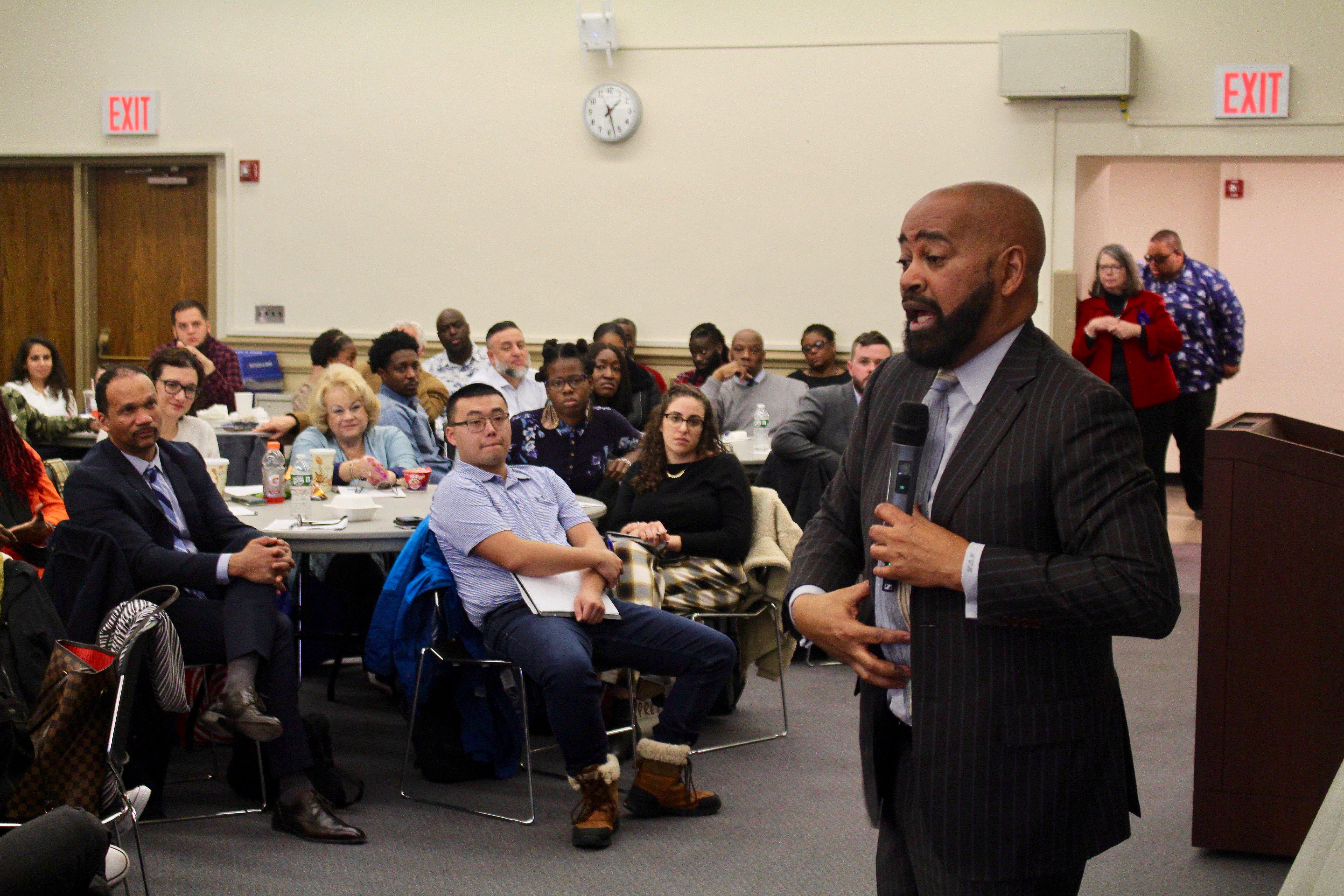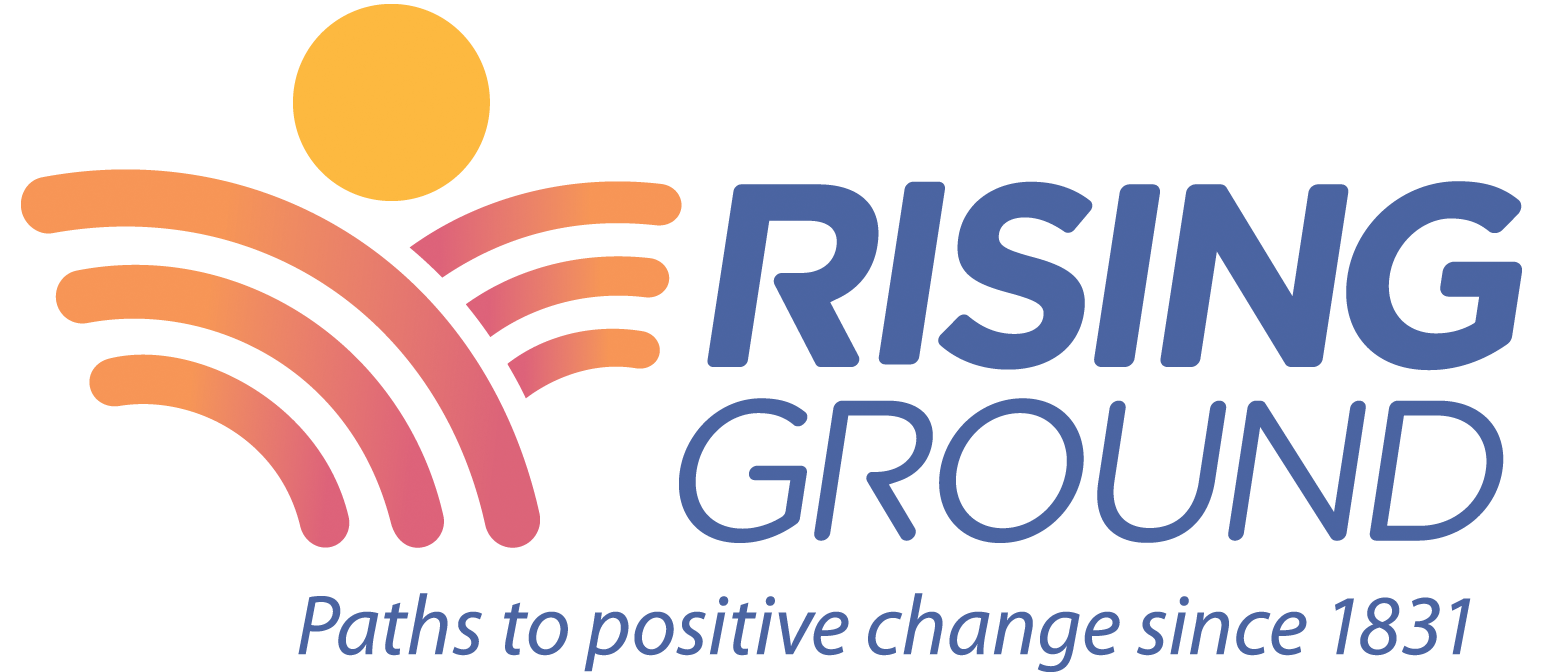News

Our Anti-Racism Work Now Targets Racial Trauma
Black History Month begins next week, and sadly that history includes centuries of racial prejudice among Americans that remains pervasive today. Now a growing body of literature recognizes that racism inflicts a hidden wound—trauma—on the population it marginalizes.
As a human services organization, we are committed to having open and honest conversations about racism among ourselves. To that end, our Anti-Racism Educational Committee invited Kenneth V. Hardy, PhD, a leading expert on racial trauma, to speak to us at an off-site seminar for more than 200 of our clinicians and program managers.
Dr. Hardy led us to explore how racial trauma can affect our supported people, employees of color, and our trauma-focused clinical interventions. He explained how the seeds of racial trauma are planted at an early age when children experience the humiliation of racial discrimination. Children begin to internalize the learned feelings of marginalization, powerlessness, and voicelessness, he said. The effects of racial trauma manifest themselves in ways similar to the effects of other traumas, such as withdrawal, lack of trust, and hypervigilance to threat.
So how does Rising Ground factor racial trauma into our trauma-focused cognitive interventions with the people of color we support?
We’re committed to finding out. Our Anti-Racism Work Group, which has been active for several years, is tasked with exploring how institutional racism impacts our staff, the people we support, and the work we do. Adding a racial trauma lens to our trauma-focused clinical interventions is a critical step in the process.
